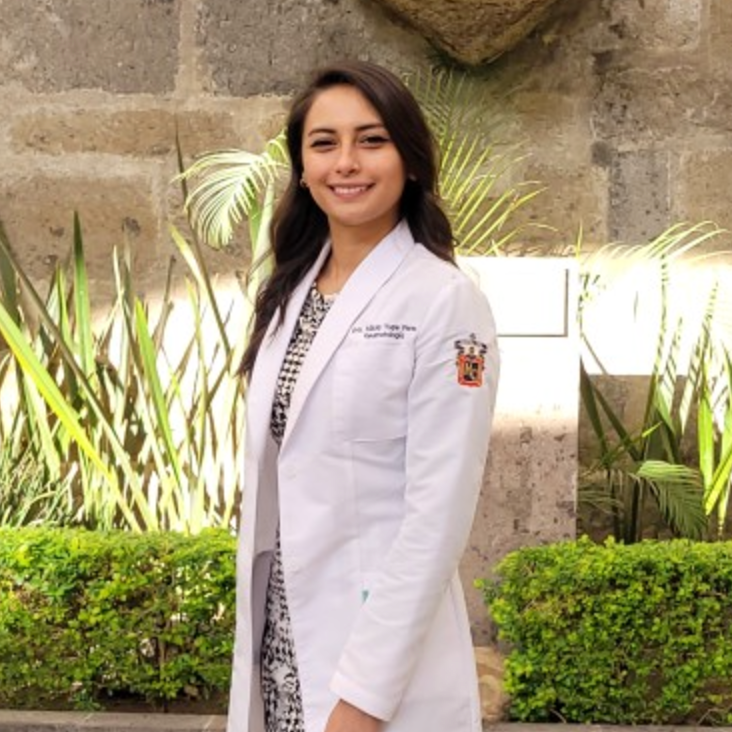Article
Morning stiffness for assessing RA: Utility varies with activity
The duration of morning stiffness in patients who have rheumatoid arthritis (RA) correlates better with other patient-reported outcomes than with joint counts and erythrocyte sedimentation rate (ESR).
The duration of morning stiffness in patients who have rheumatoid arthritis (RA) correlates better with other patient-reported outcomes than with joint counts and erythrocyte sedimentation rate (ESR). As an individual variable, morning stiffness duration has a moderate ability to differentiate active RA from inactive RA.
Khan and coworkers sought to determine whether assessing morning stiffness in the routine evaluation of patients with RA remains worthwhile, noting conflicting reports about the relationship between morning stiffness duration and active RA. They correlated the severity of morning stiffness with RA activity as assessed by the Disease Activity Score (DAS28). They also explored whether including morning stiffness duration in the Routine Assessment of Patient Index Data 3 (RAPID3) is useful. Information came from a database of 5439 patients in 24 countries.
Morning stiffness duration was moderately correlated with pain; general health; and Health Activity Questionnaire, RAPID3, and DAS28 scores. It was weakly correlated with fatigue, joint counts, and ESR. Morning stiffness duration varied among patients with different RA disease activity states.
The authors noted that morning stiffness is a complex symptom and that assessment of morning stiffness duration in patients with low RAPID3 scores may be clinically relevant.




